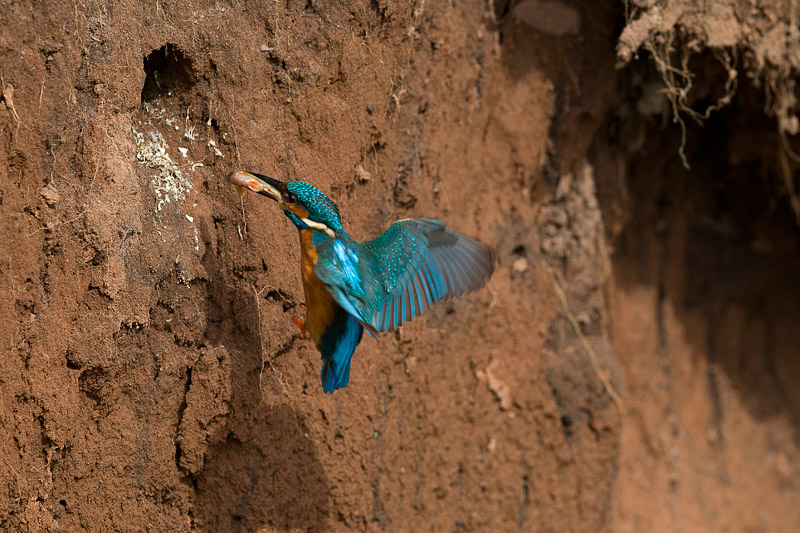Thursday
As I was teaching Wendell Berry’s Collected Poems earlier this week, Amanda Mainello, a biology major, wondered whether “The Gift of Gravity” could make us feel better about the environmental devastation being caused by climate change. (There is more bad news this week.) Although the poem was written in 1982 before we knew about global warming, it was still a good question.
Berry is critical of those who damage the environment and he’s not afraid to call himself out. In “The Dream,” for instance, he fantasizes about removing
the bridges and roads, the fences, the strung wires,
ourselves, all we have built and dug and hollowed out
our flocks and herds, our droves of machines.
“The Dream,” however, is an early poem from the late 1960s. In “The Gift of Gravity,” written in the 1980s, he appears to be looking for ways to live with land the humans have spoiled. As he writes,
And if our wickedness
destroys the watershed,
dissolves the beautiful field,
then I must grieve and learn
that I possess by loss
the earth I live upon
and stand in and am.
What does Berry mean when he says “possess by loss”? Perhaps that we need to adjust the way that nature adjusts. A key image in the poem is the river, which takes its shape through destruction. It “carves as it moves” so that “the river’s injury is its shape.” The river may shear away a riverbank, as Berry notes later in the poem, but he says that he must learn love the changed landscape no less than he did the original one.
To do so, he must take guidance from the young cottonwoods that flourish in “the river’s wound,” and from the kingfisher, who is already nesting in a hole in the sheared bank. As Berry observes,
I am newborn of pain
to love the new-shaped shore
Berry takes his positive attitude from his vision of nature as cyclical. Perhaps borrowing from Henry Vaughan’s “The Waterfall,” he notes that “all that passes descends,/and ascends again unseen/into the light.” Rain falls, swelling rivers, and then the waters evaporate to fall again. We have cataclysmic weather and then nature resets:
The shore
turns green under the songs
of the fires of the world’s end…
And further on:
The dark returns to light
in the kingfisher’s blue and white
richly laid together.
He falls into flight
from the broken ground,
with strident outcry gathers
air under his wings.
If gravity, sometimes taking the form of “broken ground” or the “sheared bank,” leads to the kingfisher’s “strident outcry” and “air under his wings,” then the poet will respond to damaged nature in similar fashion:
In work of love, the body
forgets its weight. And once
again with love and singing
in my mind, I come to what
must come to me, carried
as a dancer by a song.
All of which sounds good in theory. But what if the result of “our wickedness” is a drastic sea level rise and catastrophic coral destruction. What if the banks that are getting sheared are the entire eastern seaboard, not to mention all the other low-lying areas in the world. What if the “fires of the world’s end” are killer weather events, mass migrations, wars, and whatever else follows from high carbon emissions?
Maybe Berry could even find a song in that dark display of gravity, but I worry this my stymie even him. At the very least I’d like to see him address the issue.
Here’s the poem:
The Gift of Gravity
By Wendell Berry
All that passes descends,
and ascends again unseen
into the light: the river
coming down from the sky
to hills, from hills to sea,
and carving as it moves,
to rise invisible,
gathered to light, to return
again. “The river’s injury
is its shape.” I’ve learned no more.
We are what we are given
and what is taken away;
blessed be the name
of the giver and taker.
For everything that comes
is a gift, the meaning always
carried out of sight
to renew our whereabouts,
always a starting place.
And every gift is perfect
in its beginning, for it
is “from above, and cometh down
from the Father of lights.”
Gravity is grace.
All that has come to us
has come as the river comes
given in passing away.
And if our wickedness
destroys the watershed,
dissolves the beautiful field,
then I must grieve and learn
that I possess by loss
the earth I live upon
and stand in and am. The dark
and then the light will have it.
I am newborn of pain
to love the new-shaped shore
where young cottonwoods
take hold and thrive in the wound,
kingfishers already nesting
in a hole in the sheared bank.
“What is left is what is”—
have learned no more. The shore
turns green under the songs
of the fires of the world’s end,
and what is there to do?
Imagine what exists
so that it may shine
in thought light and day light
lifted up in the mind.
The dark returns to light
in the kingfisher’s blue and white
richly laid together.
He falls into flight
from the broken ground,
with strident outcry gathers
air under his wings.
In work of love, the body
forgets its weight. And once
again with love and singing
in my mind, I come to what
must come to me, carried
as a dancer by a song.
This grace is gravity.
Added note: I am so focused on climate change that I neglected to note that the poem is also about aging and learning to celebrate one’s deteriorating body. I suppose the climate change version of that change would be an aggressive tumor that ravages the body. Berry’s vision of aging is more gentle.
So my challenge to him would be the same. Can he find the same grace, and the same Christian message with which he commences the poem, in more catastrophic circumstances?
